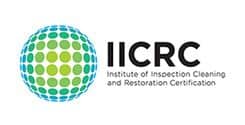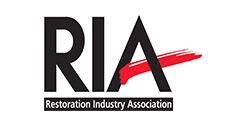
It is important to understand how to dry out a wall after it has been damaged. It is a difficult task, but it is necessary. Unattended water damage can result in costly and severe structural damage as well as unhealthy mould and mildew growth. Unfortunately, water damage is all too common. Leaky pipes or damaged tiles in the bathroom are common in older homes. Extreme temperatures may cause pipes to rupture and flood the interior, even in modern homes.
Steps for Drying Out a Wall
One option for drying out a wall is natural airflow. It is unquestionably the least expensive, providing no complications arise. This procedure, however, takes time, because mould is a fast-growing organism that can spread as you wait for the walls to dry. If you decide to dry the walls naturally, use the following steps:
Dealing With Water Damage
If your walls are severely damaged, you should seek the advice of a specialist. Large, high-powered fans used by professional water removal professionals may swiftly dry the wall to avoid additional damage. If your water damage was caused by damaged or broken pipes, you may also require the services of a plumber. Plumbers may work in septic systems and other challenging jobs that require the services of a licensed specialist. If the water damage is substantial, check with your local officials to see if any permits or building rules are required.
Reasons to Call in a Professional
If you are concerned about any of the following, contact a professional:

Harry Virk is the director of CleaningPro Auckland. He has years of experience in the cleaning industry and his company is expert at providing exceptional cleaning services in Auckland. He has a passion for helping people and making sure that their homes are clean, tidy, and ready for visitors.




